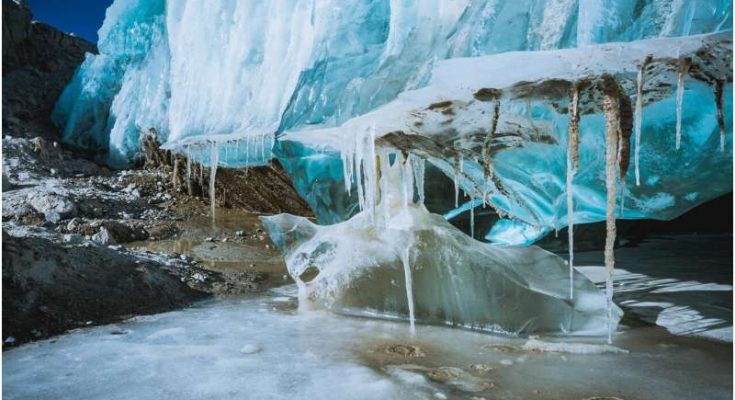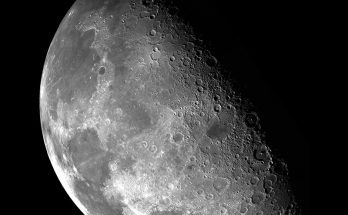A team of researchers at the Chinese Academy of Sciences has found nearly 1,000 species of bacteria in snow and ice samples collected from Tibetan glaciers. In their paper published in the journal Nature Biotechnology, the group describes collecting and studying the bacteria and their concerns about the spread of disease as the glaciers melt.
As the researchers note, ice sheets and glaciers cover approximately 10% of the surface of the Earth and also serve as the largest reservoir of fresh water. Prior research has shown that under the influence of climate change, ice sheets and glaciers have been melting. In this new effort, the researchers explored whether species of bacteria in the snow and ice could make their way to other regions as melting occurs. To find out, they collected snow and ice samples from 21 glaciers in Tibet over the years 2010 to 2016. Each was melted and then tested to see what was in the water left behind. In so doing, the researchers found 968 unique species of bacteria, 98% of which had never been seen before. The findings come on the heels of a study by another team that recently found several viruses in ice that was 15,000 years old—most of which have never been seen before.
The problem with such bacteria and viruses is that they could be infectious to animals and humans. As the snow and ice melts, they could travel with the water into rivers and streams into populated areas. And perhaps an even bigger problem could be that modern plants and animals, including humans, lack immunity to the older microbes, which suggests they could be deadly and difficult to treat. Thus, they present the possibility of starting local epidemics and possibly pandemics.
The researchers note that the bacteria they studied came from a particularly important part of the world—melting snow and ice in Tibet feeds several rivers that lead to densely populated areas in China and India. They suggest work begin immediately to study microbes soon to be released from glaciers across the world to find out if there is a threat.
#BacteriaSpecies; #Glaciers





